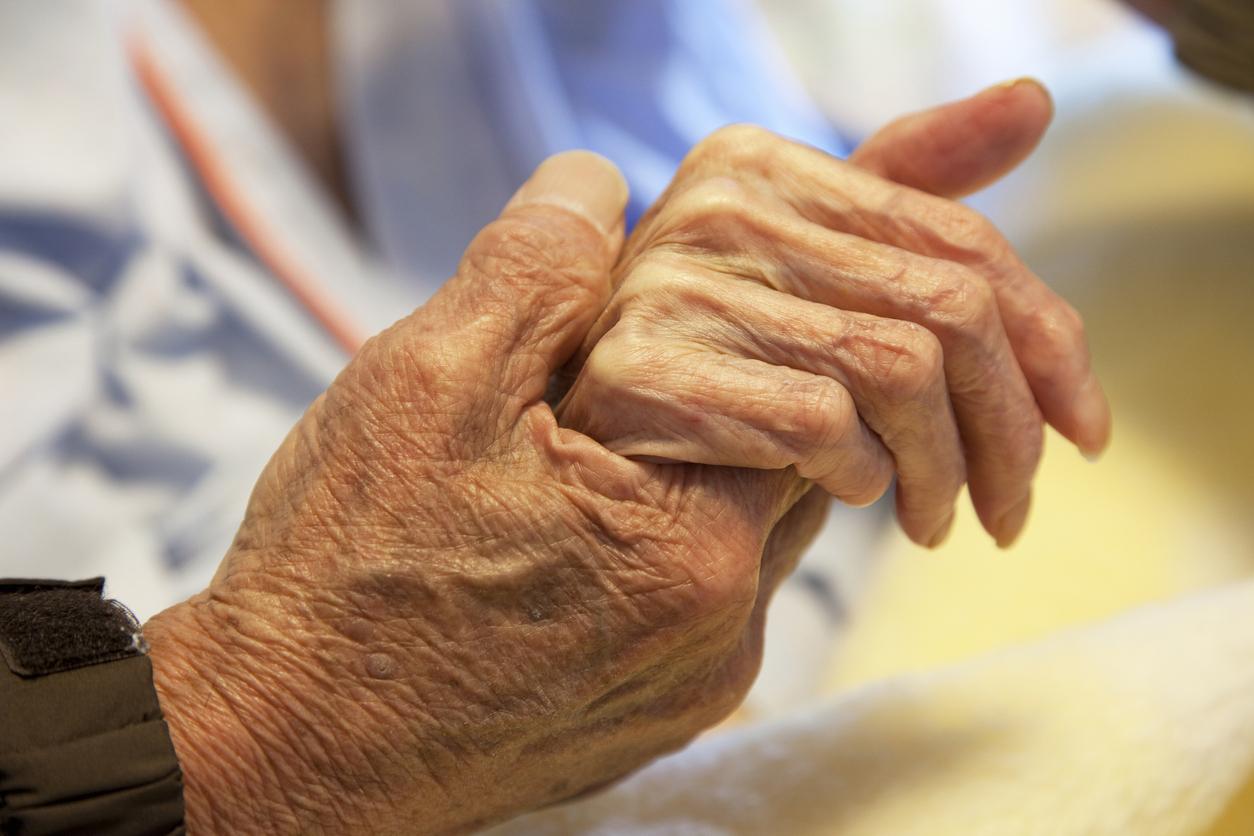The government wanted to pass the legislative stage to advance the reform concerning medical assistance for die with dignity. The negative opinion issued by CCNE buries this desire, preferring caution and reflection to action.
On the question of the legalization of euthanasia and assisted suicide, the majority of the members of the Committee expressed “major reservations”. Concretely, no question of modifying the current law which “operates an essential and useful distinction between” let die “and” make die “”, explains the CCNE before conceding all the same that this distinction can sometimes seem “blurred”.
Why this opposition? For the sake of protecting vulnerable people, underlines the opinion. “Maintaining the prohibition on physicians” deliberately causing death “protects people at the end of their life, and […] it would be dangerous for society for doctors [participent] to “give death” “.
This refusal by CCNE does not bury the debate, on the contrary since its members recommend continuing the reflection “in the form of a public debate”.
End of life: better patient care
In the meantime, it makes some proposals to improve the care of patients at the end of their life. While they are currently only wishes, the “advance directives” at the end of life issued by a patient suffering from a serious illness would take on a mandatory value. The opinion recommends that these declarations drawn up in the presence of an attending physician become “binding on caregivers, except for exceptions duly justified in writing”.
Another proposition is the right of a person to be asleep. The CCNE proposes the establishment of this right until death, if the request is made and when the treatments, even food and hydration have been interrupted at the patient’s request.
Finally, the committee pleads for better accessibility of palliative care through the development of palliative care “home”.
In addition to democratization of care, the desire for greater collegiality of decisions is expressed. This would involve “fully” involving the patient and relatives as well as the “trusted third party” and no longer just the doctors in decisions on the end of life.
The last aspect addressed by the Advisory Committee is the training of caregivers, which should be strengthened in order to broaden their “capacity for listening and dialogue”.
















